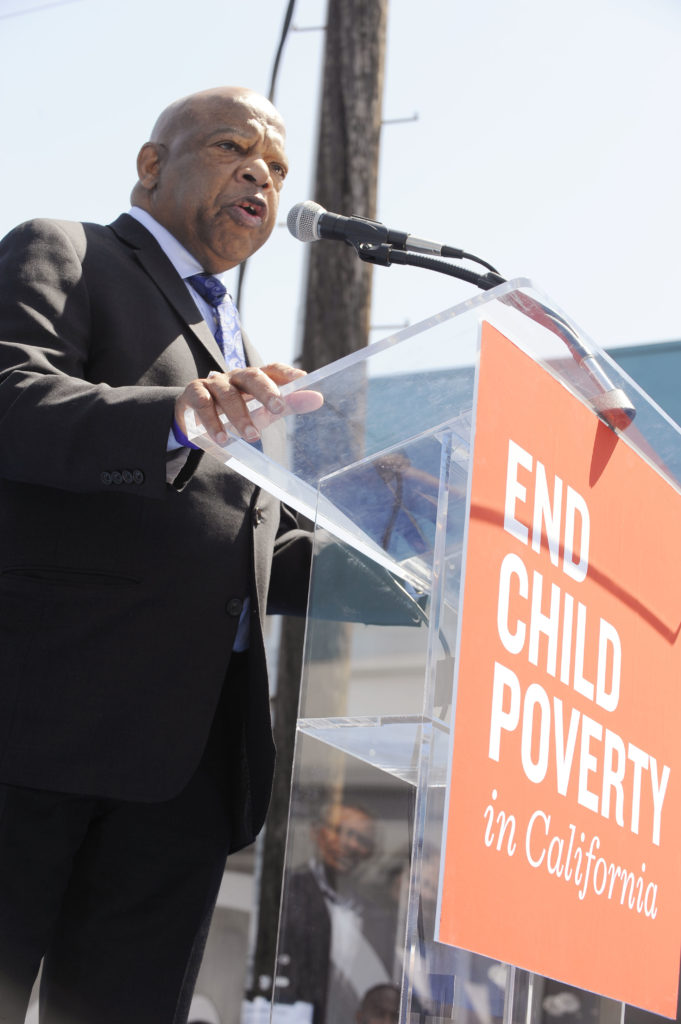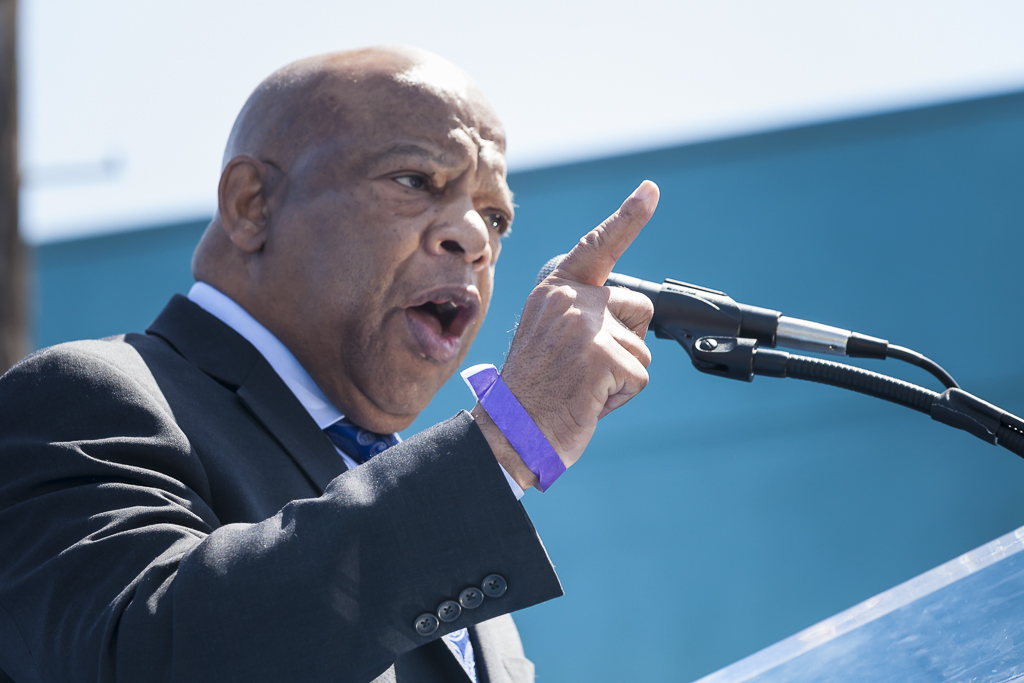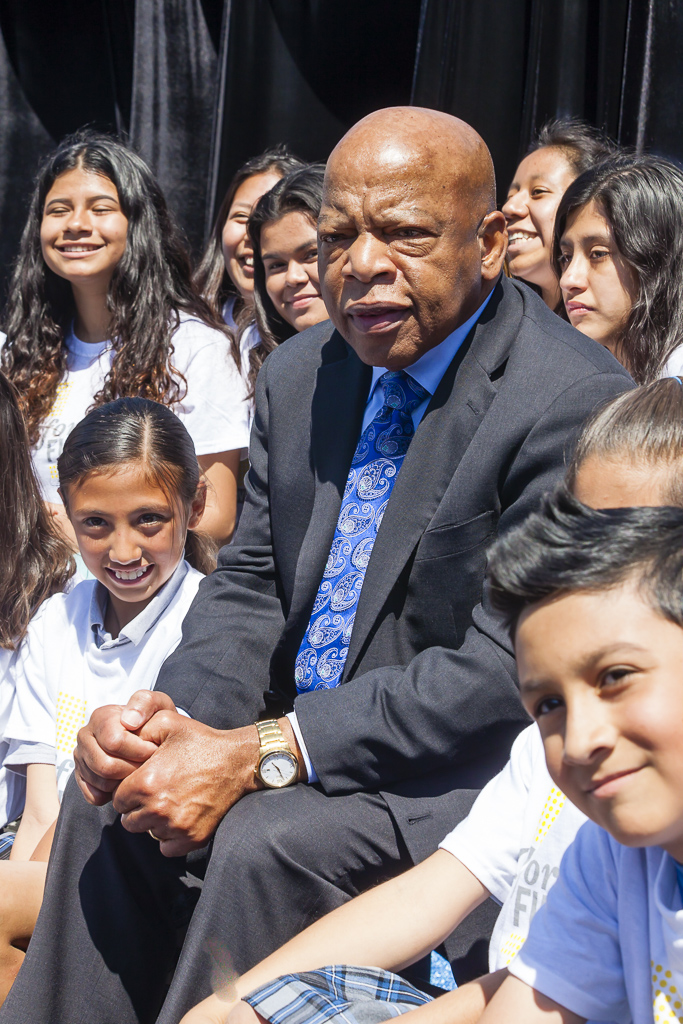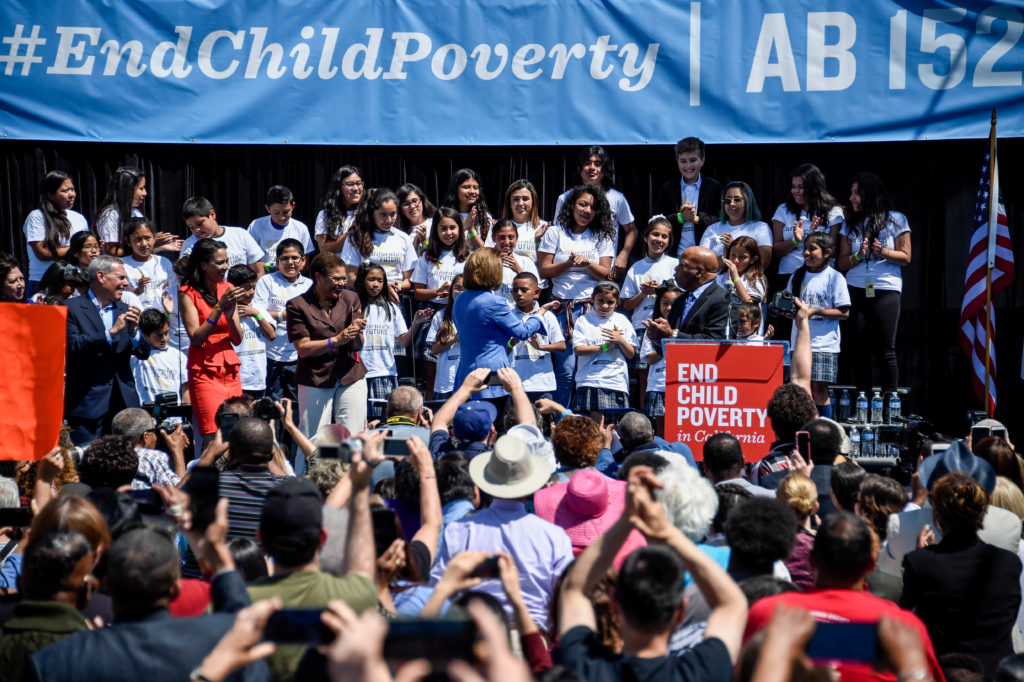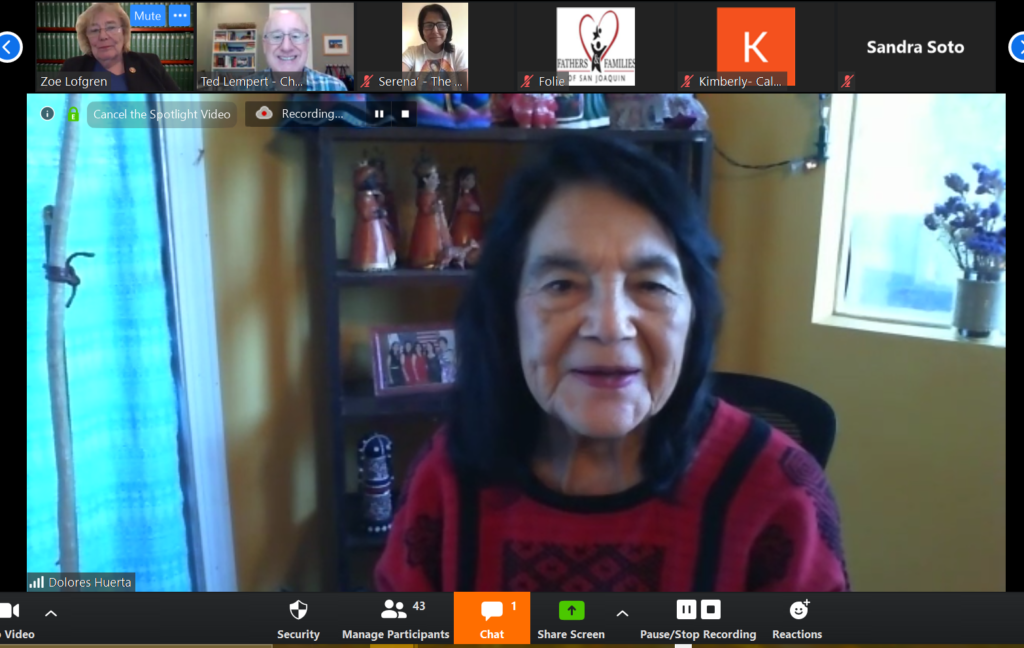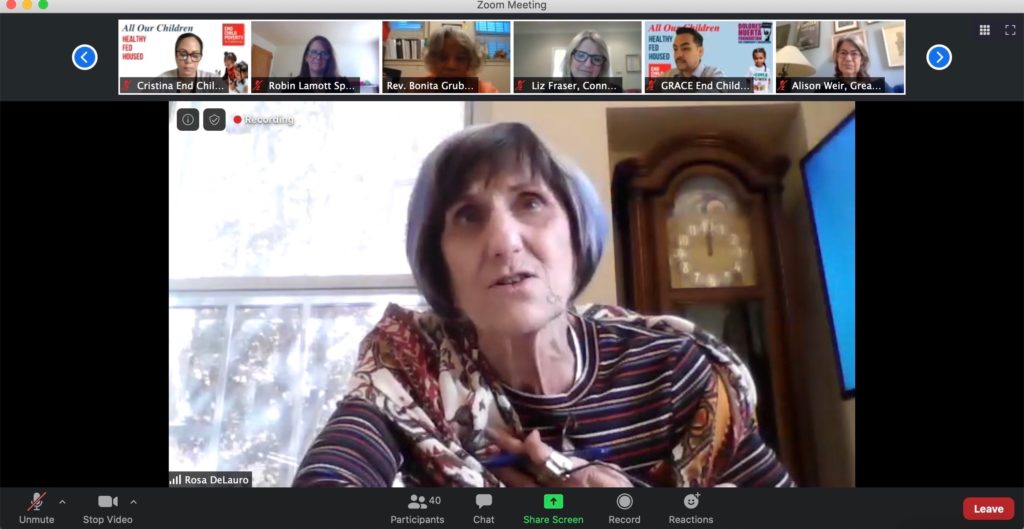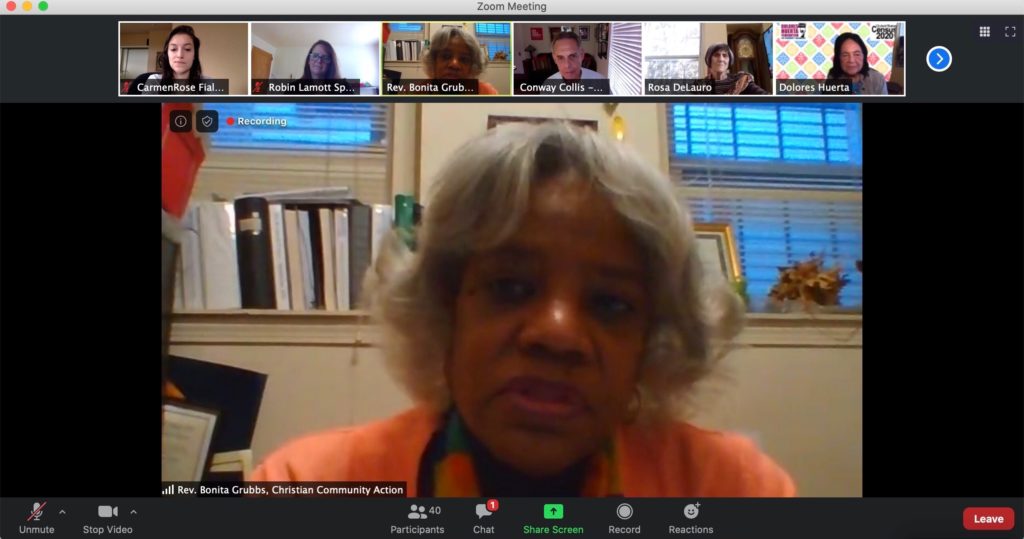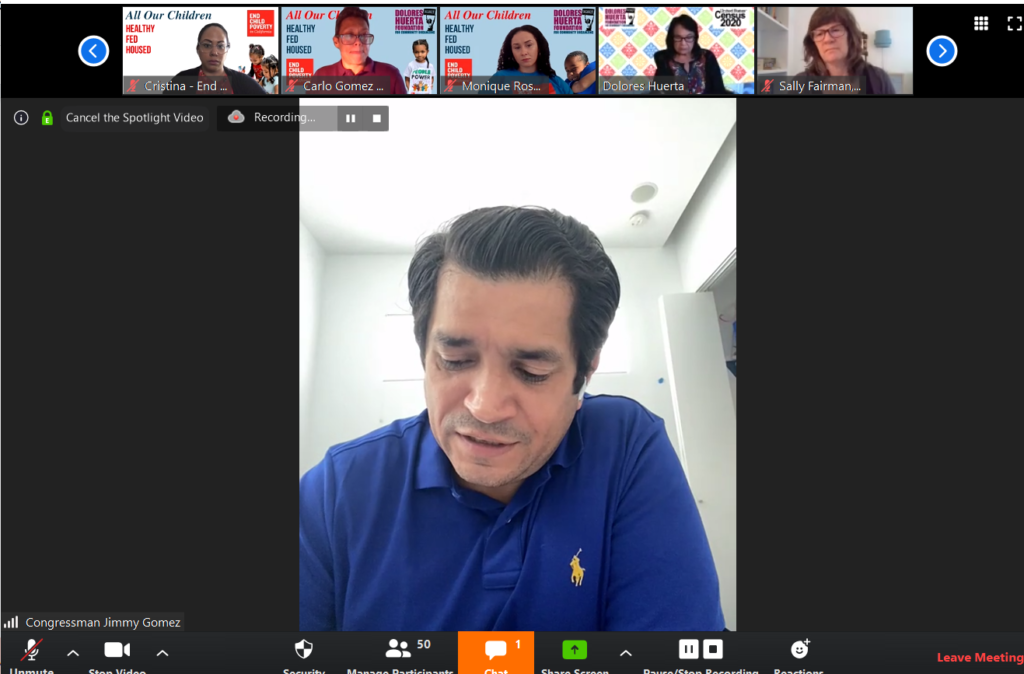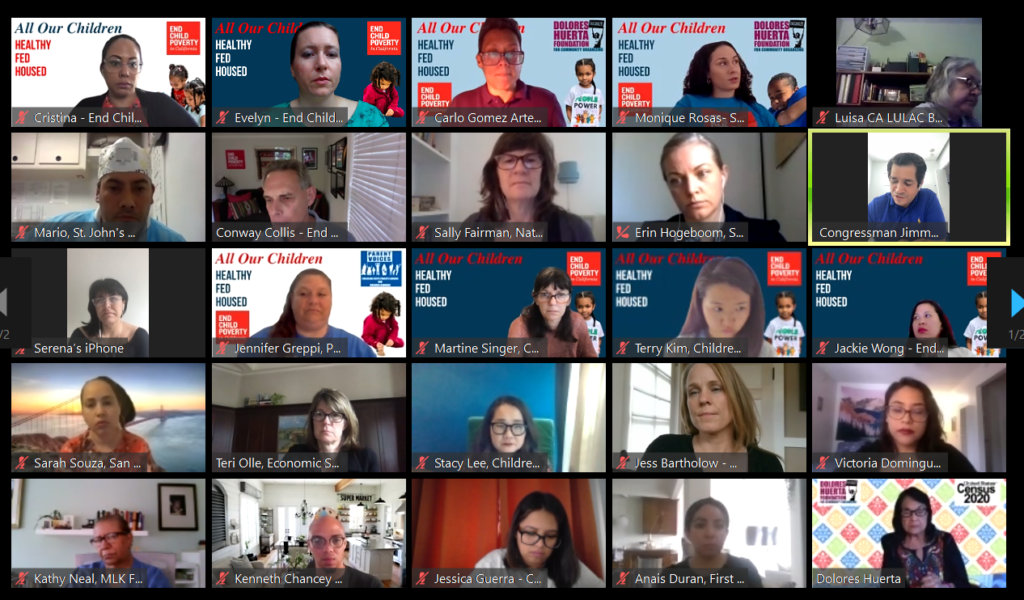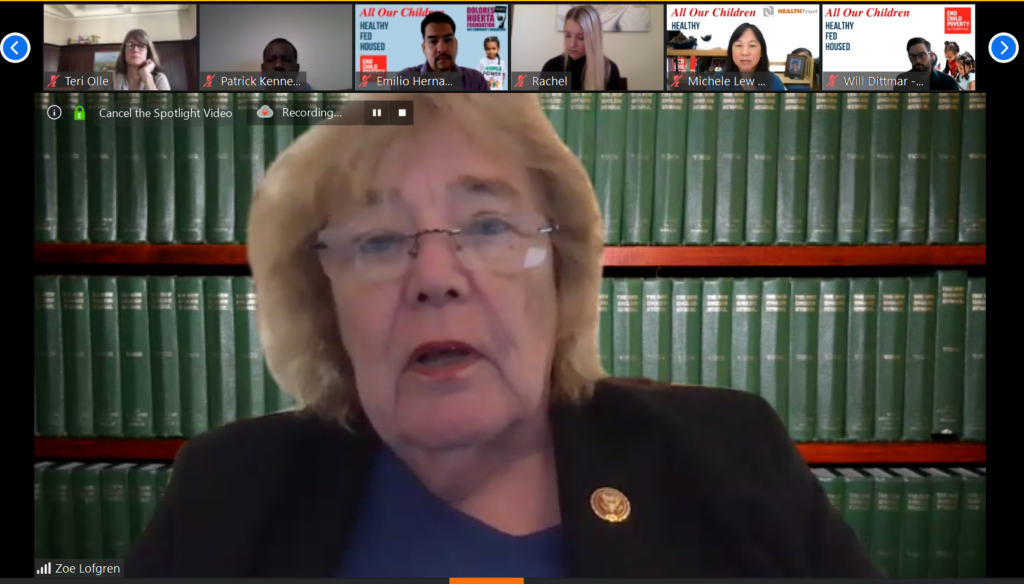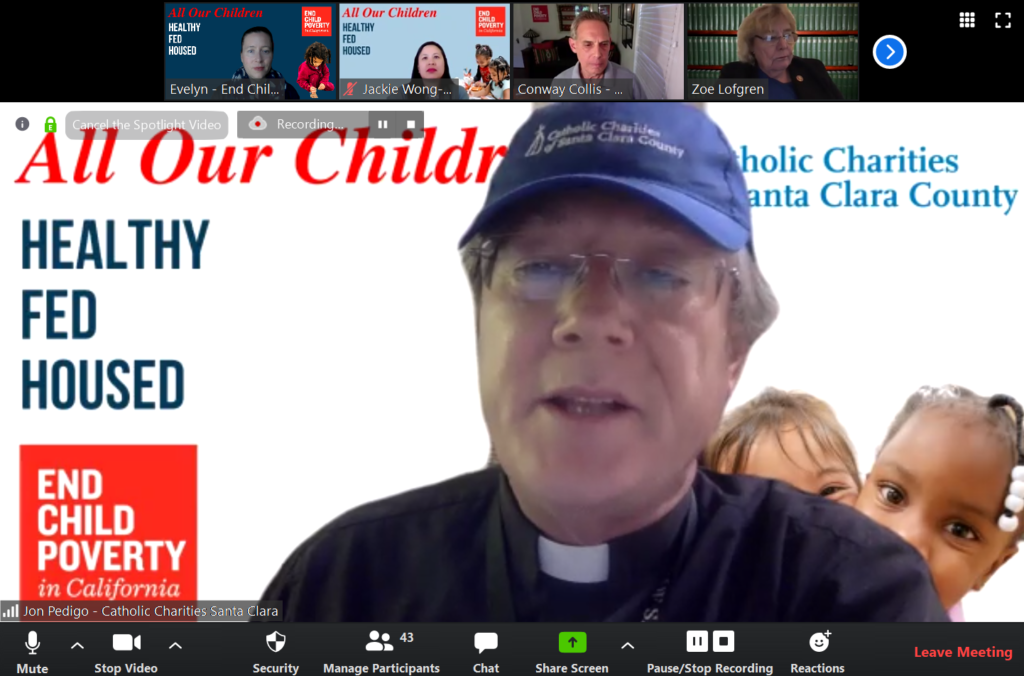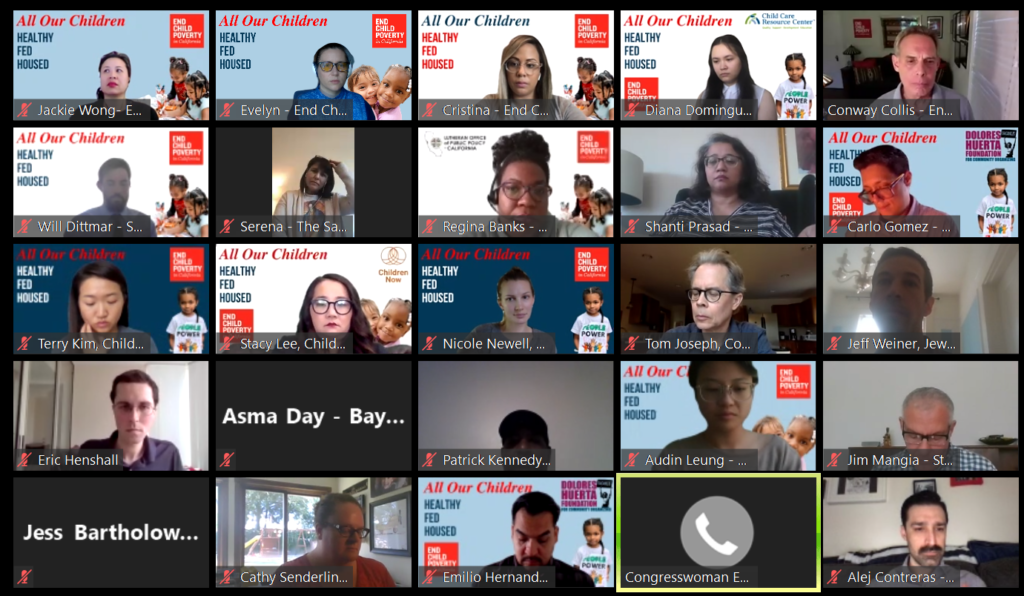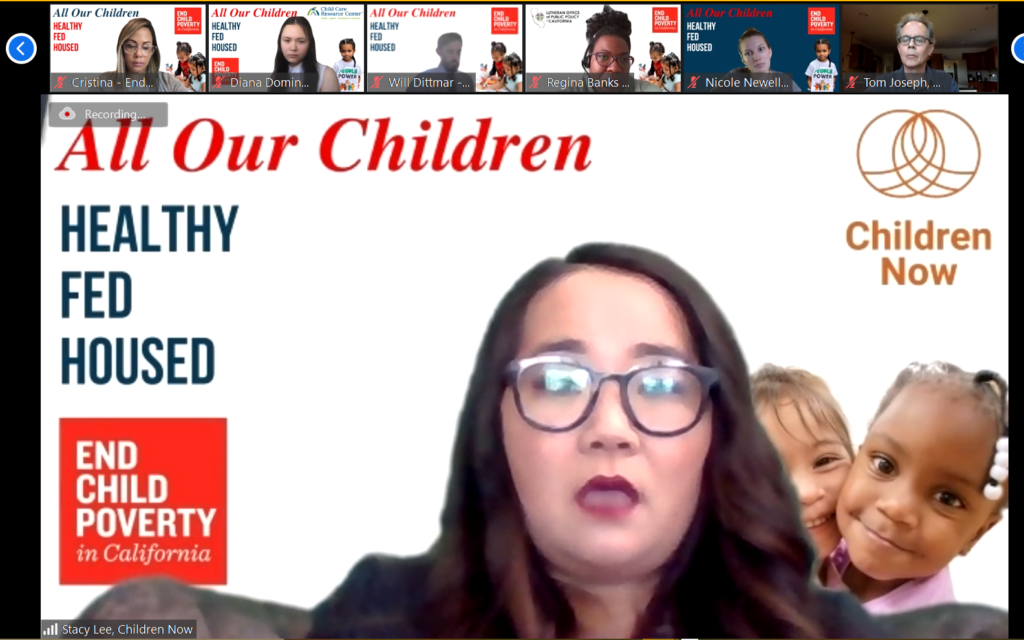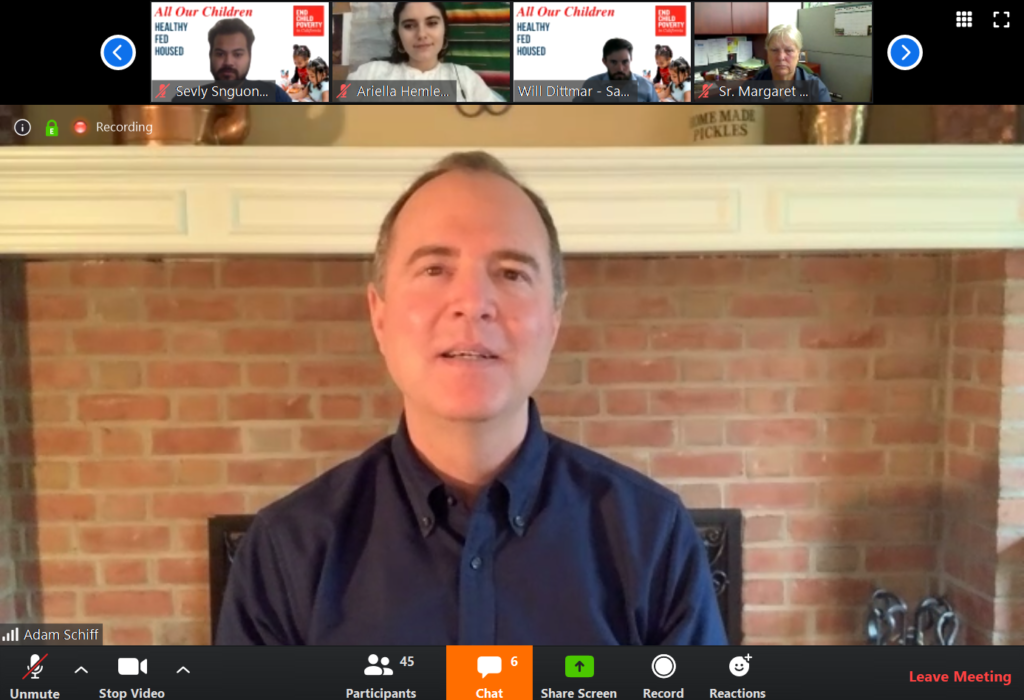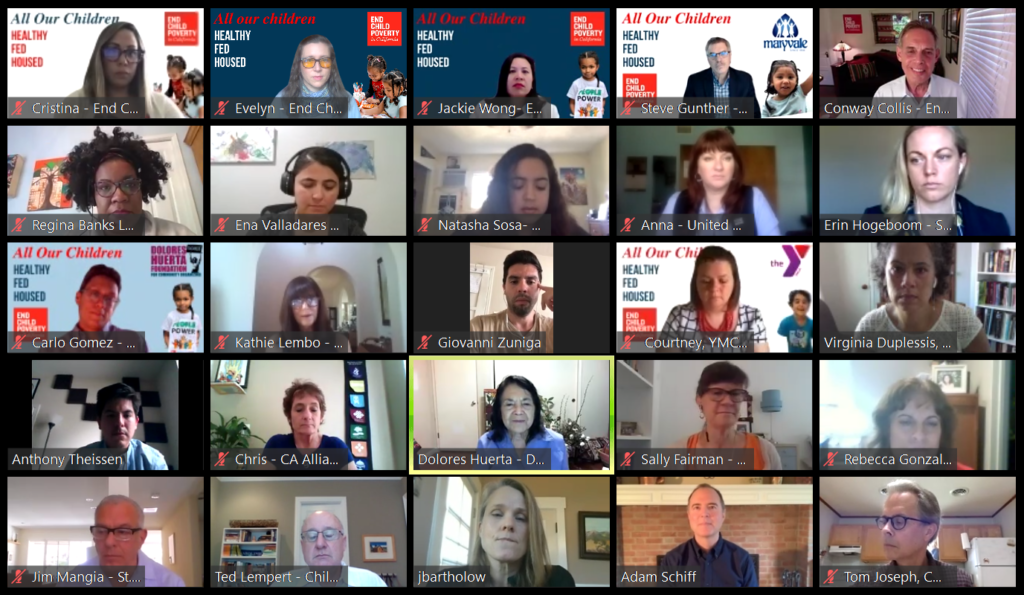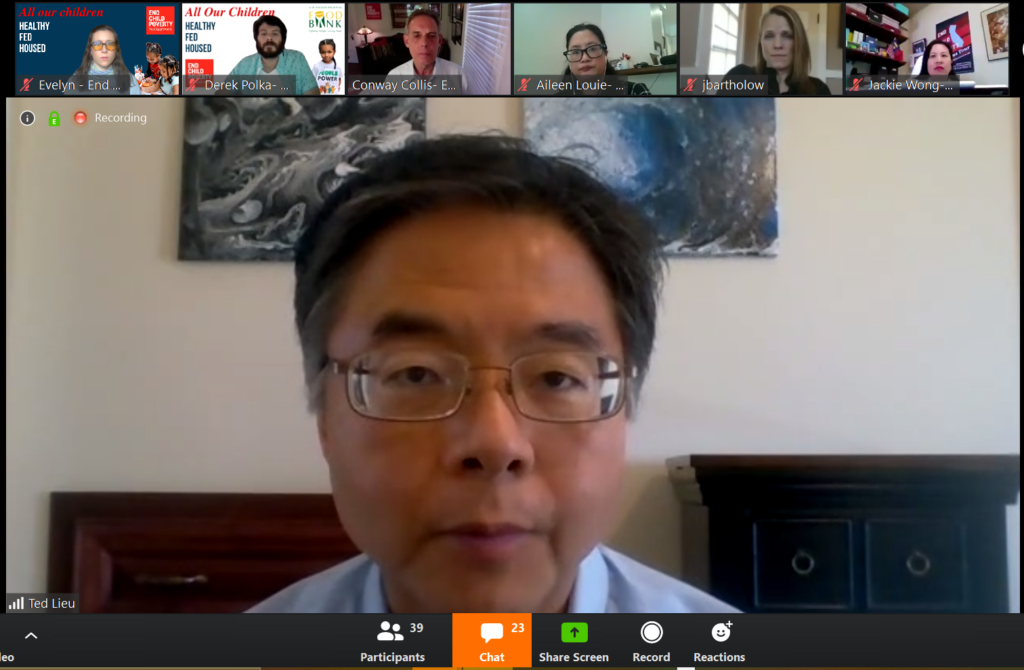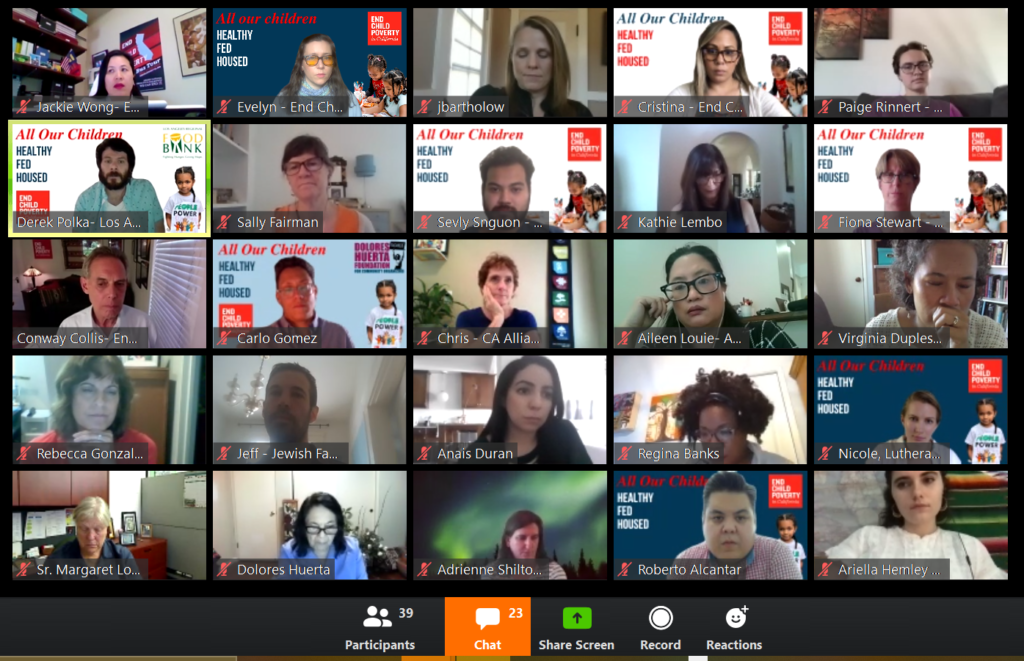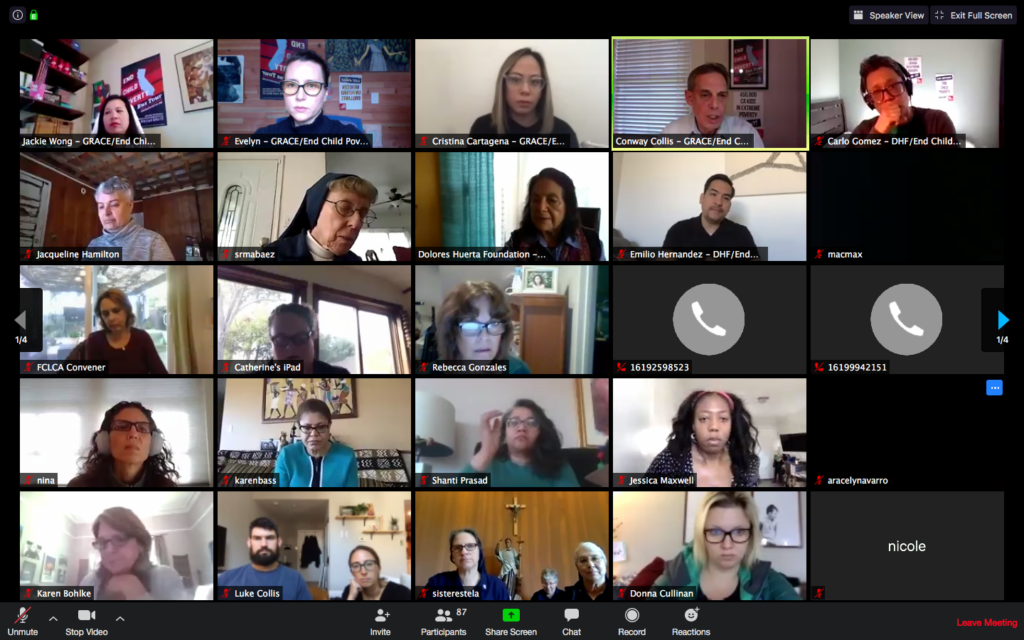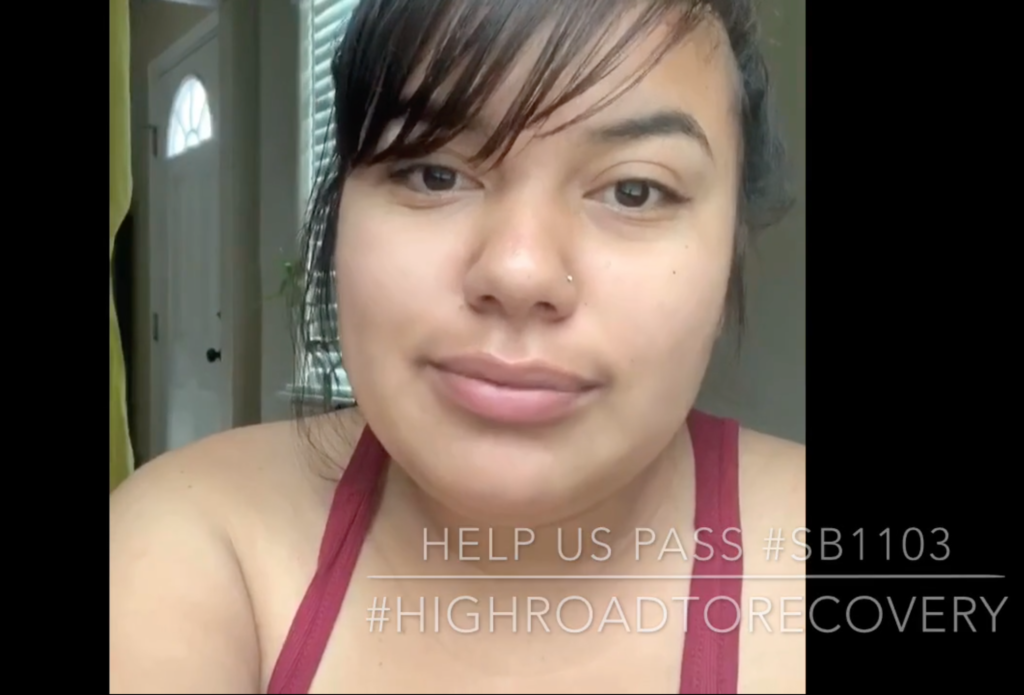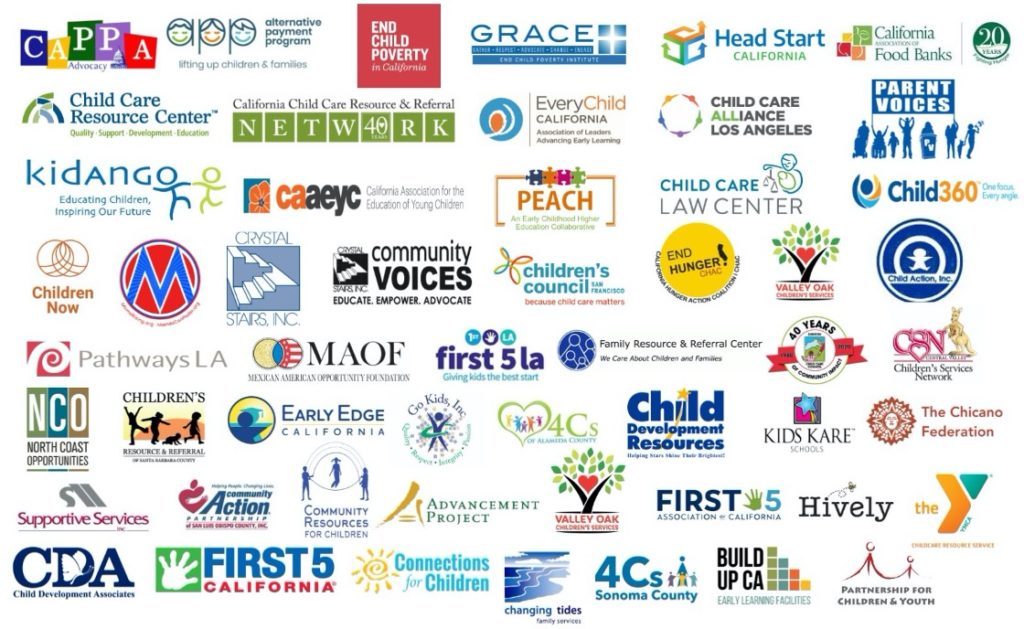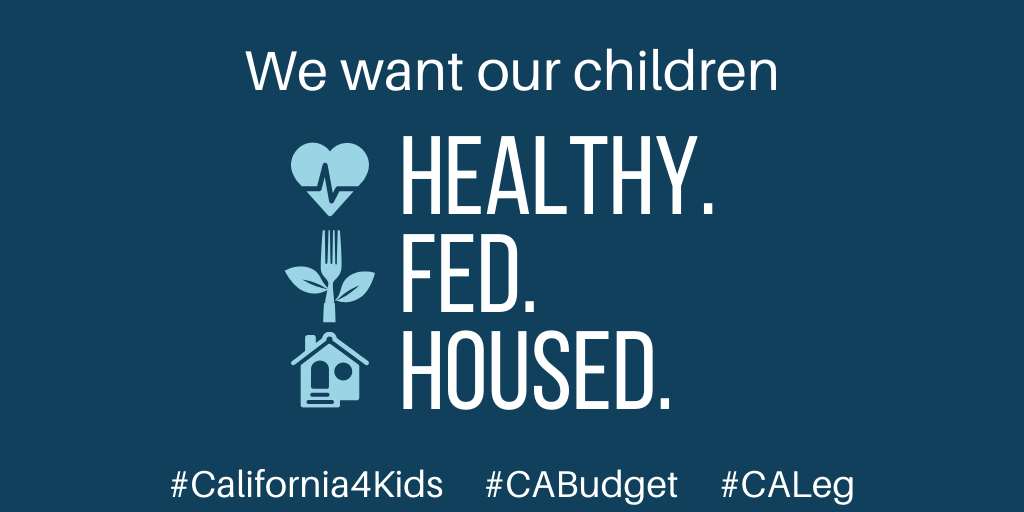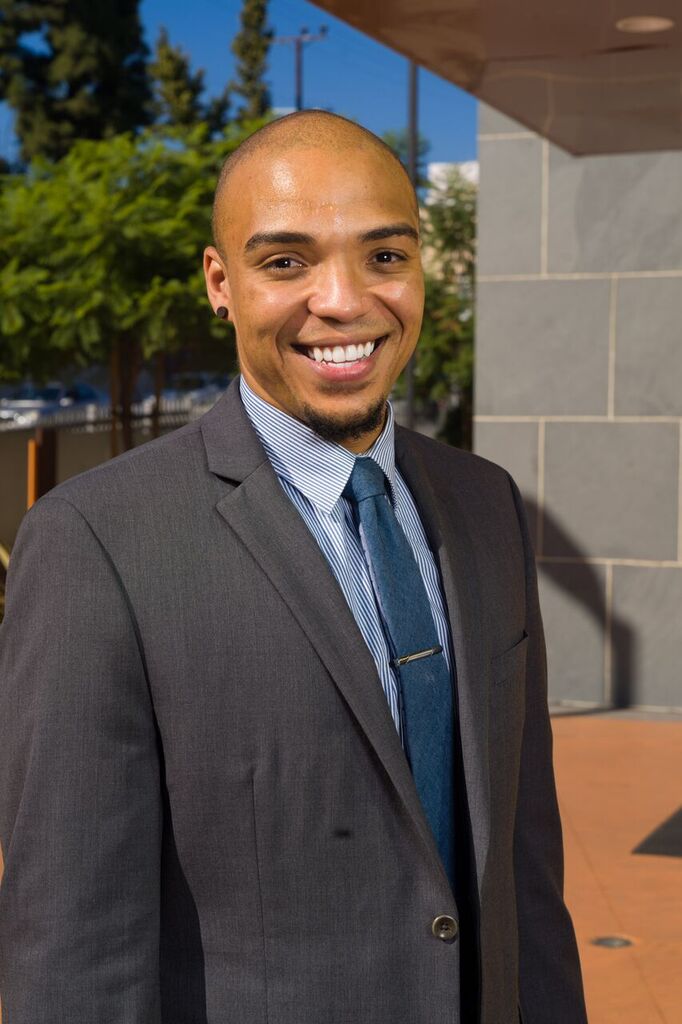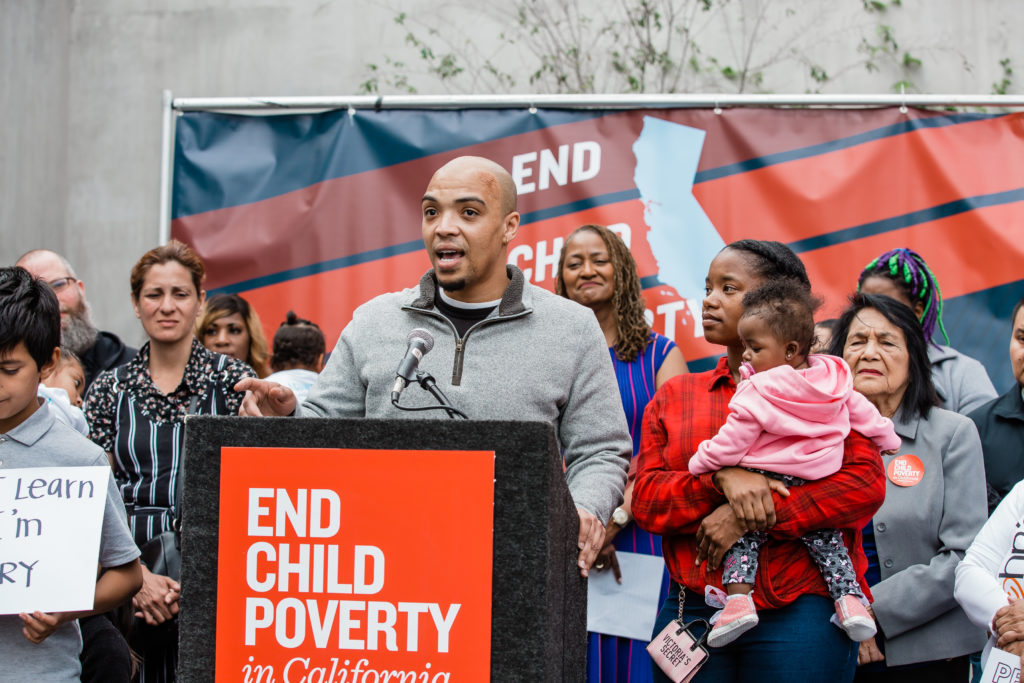RELEASE: Senator Susan Rubio’s Bill Champions Young Child Tax Credit Expansion
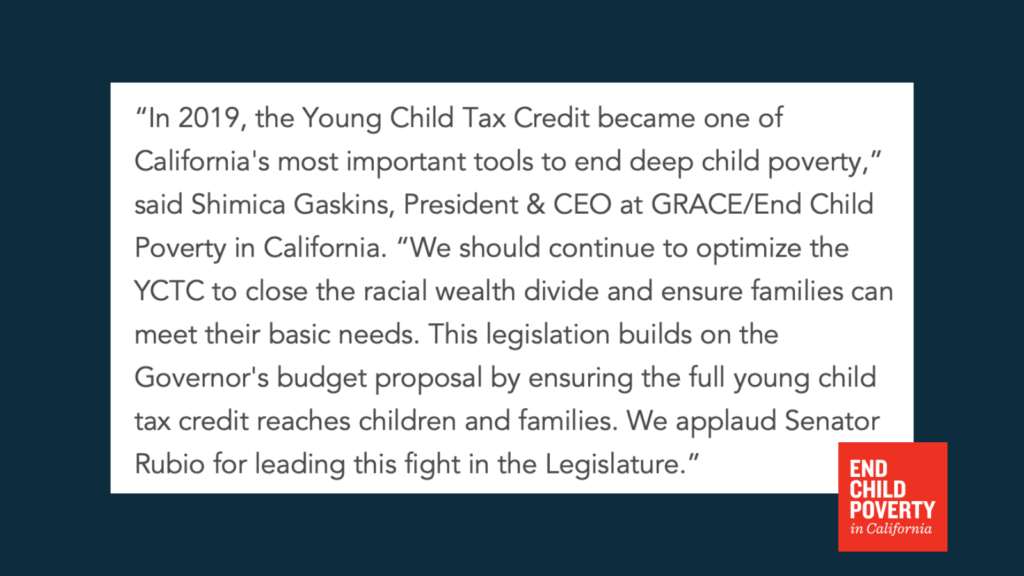
UPDATE & EXPANSION: Read on! We are making strides and our voices heard for our children and our caregivers. Read more about how Senator Susan Rubio, D-Baldwin Park, this past month introduced a bill expanding the eligibility for the child tax credit, which will help struggling families and reduce poverty. SB 860 expands the eligibility of the Young Child Tax Credit (YCTC) from $1 earning to $0 to include in-home caregivers without paid work. Senator Rubio introduced a similar bill, SB 691, last year. Governor Gavin Newsom’s January proposed budget highlighted the need for this expansion and it is getting done. The future is coming, read on for more details or click to download below!
Senator Susan Rubio’s Bill Champions Young Child Tax Credit Expansion
January 20, 2022
SACRAMENTO, CA – Building off her efforts in 2021, Senator Susan Rubio, D-Baldwin Park, today introduced a bill expanding the eligibility for the child tax credit, which will help struggling families and reduce poverty.
SB 860 expands the eligibility of the Young Child Tax Credit (YCTC) from $1 earning to $0 to include in-home caregivers without paid work. Senator Rubio introduced a similar bill, SB 691, last year. Governor Gavin Newsom’s January proposed budget highlighted the need for this expansion.
“The child tax credit is one of the most effective tools for reducing poverty and supporting struggling families, and my bill, SB 860, will expand eligibility for this program,” said Senator Rubio. “Removing this unnecessary work requirement allows for an equitable distribution of financial resources to those who need it the most. I look forward to working with my colleagues, stakeholders and Governor Newsom on this issue.”
“We are proud to support Senator Rubio’s bill to expand the Young Child Tax Credit (YCTC) to include households that do not earn income. Governor Newsom’s budget included this idea because it’s both smart and the right thing to do. Providing for the basic needs of young children grows more expensive every year and we have a historic budget surplus that can be invested in better outcomes for low-income families,” said Amy Everitt, President of Golden State Opportunity. “Regardless of their yearly earnings, parents of young children already have the hardest–and most important–job in America and deserve the same level of support as other working parents. This tax credit of up to $1,000 for each child under 6 would go a long way to helping struggling parents support their families.”
“The Young Child Tax Credit is a game-changer for families. Last year, UWCA and the CalEITC Coalition were proud to sponsor legislation authored by Senator Rubio to remove the $1 earning requirement. And now, as we reintroduce this legislation, it is truly exciting to see the Governor’s budget proposal reflect our priorities as we move into the new year,” said Pete Manzo, President and CEO of United Ways of California. “We know from our Real Cost Measure report that over half of families with children under 6 in California struggle financially, so the more we can do for these families, the better. We applaud Senator Rubio and Governor Newsom for their leadership on this issue.”
“In 2019, the Young Child Tax Credit became one of California’s most important tools to end deep child poverty,” said Shimica Gaskins, President & CEO at GRACE & End Child Poverty in California. “We should continue to optimize the YCTC to close the racial wealth divide and ensure families can meet their basic needs. This legislation builds on the Governor’s budget proposal by ensuring the full young child tax credit reaches children and families. We applaud Senator Rubio for leading this fight in the Legislature.”
To read the original statement from Senator Rubio Susan Rubio, click here.

